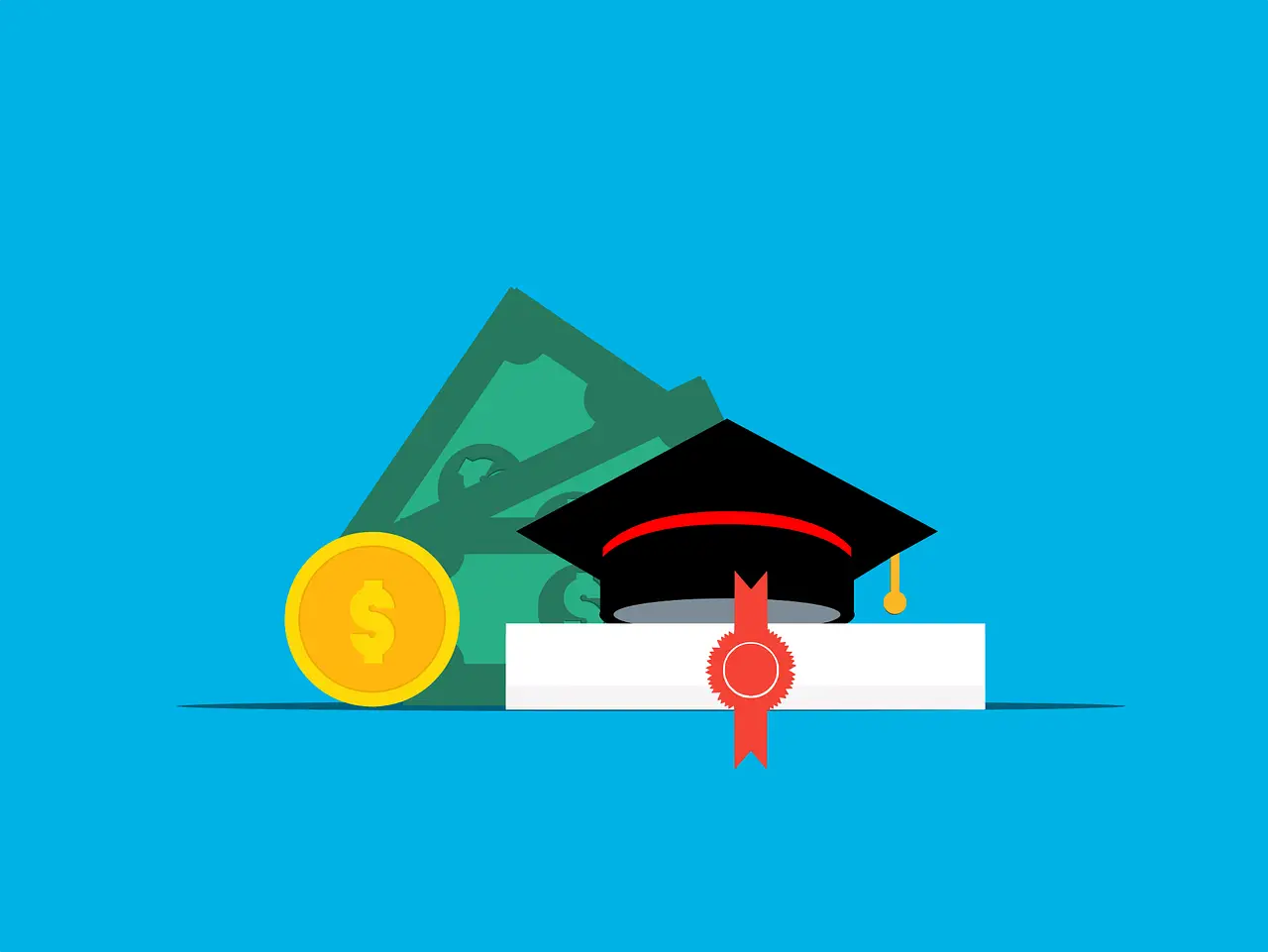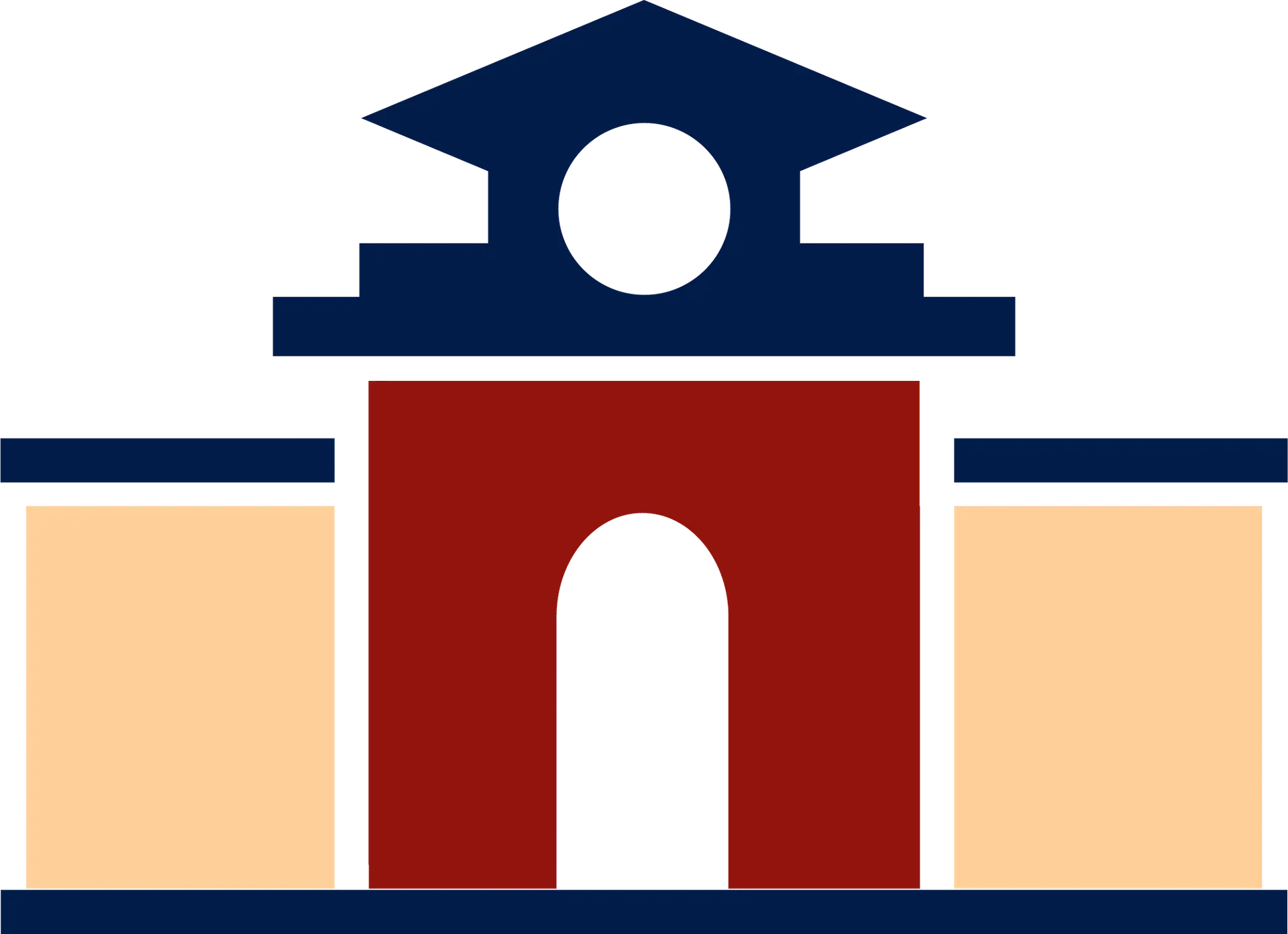Embarking on the journey of higher education is a significant milestone, but the financial considerations can be daunting. Fortunately, there is a wealth of low-cost education planning resources available to students, paving the way for academic success without breaking the bank.
Unveiling Scholarship Opportunities
Scholarships stand as pillars of support for students seeking financial assistance. Explore diverse scholarship opportunities provided by your college, private organizations, and government entities. Websites like Fastweb, Scholarships.com, and College Board Scholarship Search can help you discover scholarships aligned with your academic and personal achievements.
Navigating Federal and State Aid Programs
Federal and state aid programs are crucial components of low-cost education planning. Complete the Free Application for Federal Student Aid (FAFSA) to determine your eligibility for grants, work-study programs, and low-interest loans. Additionally, research state-specific financial aid programs that can further alleviate the financial burden of your education.
Exploring Work-Study Programs
Work-study programs offer an opportunity to gain work experience while earning money to support your education. Check with your college’s financial aid office to explore on-campus job opportunities or community service positions that align with your field of study.
Leveraging Community College Resources
Community colleges are valuable assets for students seeking affordable education. Consider starting your academic journey at a community college before transferring to a four-year institution. Community colleges often provide quality education at a lower cost, allowing you to complete foundational coursework economically.
Harnessing the Power of Online Courses
The digital era has ushered in a revolution in education accessibility. Explore online courses and platforms like Coursera, edX, and Khan Academy that offer a myriad of courses at affordable prices or even for free. These resources can supplement your traditional coursework, providing flexibility and cost-effectiveness.
Utilizing Open Educational Resources (OER)
Open Educational Resources (OER) are freely accessible, openly licensed materials that can be used for teaching, learning, and research. Websites like OER Commons and MERLOT offer a plethora of textbooks, videos, and other educational materials at no cost, helping you save on textbook expenses.
Tapping Into Academic Advising Services
Your college’s academic advising services are indispensable for effective education planning. Schedule regular meetings with your academic advisor to discuss your financial situation and explore cost-saving measures, such as credit transfers, accelerated programs, and course sequencing that aligns with your budget.
Seeking Mentorship Opportunities
Mentorship can be a valuable resource in your educational journey. Connect with professors, professionals in your field, or alumni who can provide guidance and insights. Mentors can offer advice on financial planning, career development, and leveraging resources for academic success.
Researching Employer Tuition Assistance Programs
Some employers offer tuition assistance programs as part of their employee benefits. If you’re working while attending school, inquire about your employer’s policies regarding education support. Taking advantage of these programs can significantly reduce your out-of-pocket expenses.
Embracing Financial Literacy Workshops
Enhance your financial literacy through workshops and resources provided by your college or external organizations. Understanding budgeting, managing student loans, and building credit are essential skills that can contribute to your long-term financial well-being.
In conclusion, mapping your path to student success involves strategic utilization of low-cost education planning resources. By exploring scholarships, federal aid, work-study programs, community colleges, online courses, mentorship, and more, you can create a personalized roadmap that aligns with your academic and financial goals. Remember, with careful planning and resourcefulness, you can achieve your educational aspirations without compromising on the quality of your learning experience.






